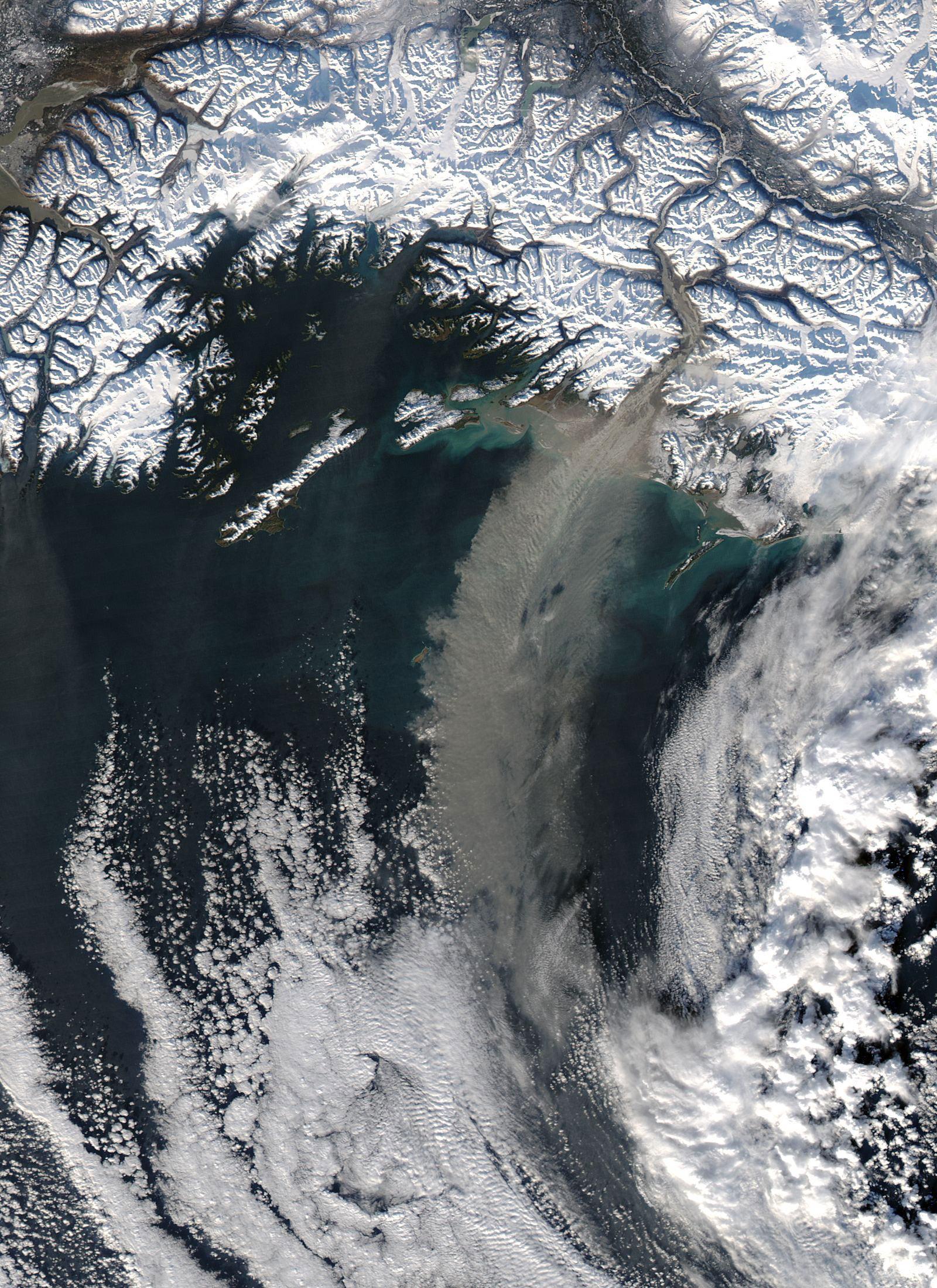Year: 201337
-

What Dust May Have To Do With Earth’s Rapidly Warming Poles
As earth’s climate warms, scientists have tried to understand why the poles are heating up two to three times faster than the rest of the planet. Airborne dust, it turns out, may play a key role.
-
Spring 2013 Undergraduate Research Assistant Positions
The Earth Institute, Columbia University is pleased to announce 12 research assistant opportunities for undergraduate students during the spring 2013 semester. Undergraduates from Columbia and Barnard will be able to serve as research assistants on exciting research projects related to sustainable development and the environment with distinguished faculty and researchers at the cutting edge of…
-
Earth Institute Spring 2013 Internships
This spring, the Earth Institute, Columbia University is offering Columbia students opportunities to intern within various departments and research centers at the Earth Institute. All full-time Columbia and Barnard students are eligible to apply for internships. These internships are funded at a rate of $15/hr for 10 hours per week and up to a maximum…
-

The Impact of Sea Level Rise on Coastal Wetlands
An analysis of coastal wetlands loss from sea level rise that was conducted for the Ramsar Convention’s Scientific and Technical Review Panel provides estimates of wetland losses as a basis for identifying potential adaptation measures.
-

Wildlife: The Other High-Value Resource
As wildlife trafficking has become more lucrative, widespread and organized over the past few years, the definition of high-value natural resources should be modified to include the commercial values of wildlife and its products.
-

Aquanauts Take on New York Water Issues
Working with engineering PhD candidate Rob Elliott, we imagined a green roof and blue roof system that would serve as a space for environmental education and student wellness, the culmination of a semester spent examining and taking action on stormwater management issues in New York City.
-

Explore Field Ecology in Puerto Rico
The Earth Institute’s Summer Ecosystem Experiences for Undergraduates (SEE-U) program provides undergraduate students of all majors from all accredited colleges or universities with a global understanding of ecology and environmental sustainability.

